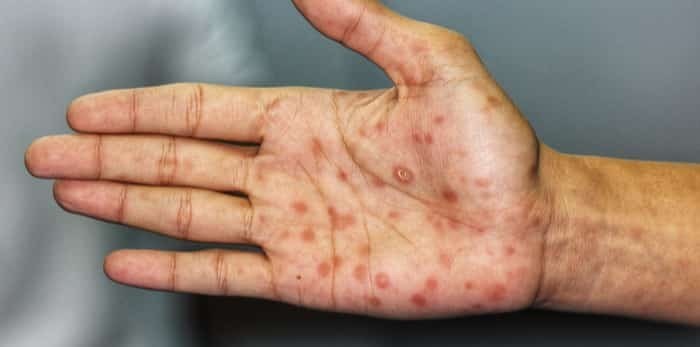The rate of syphilis infection in British Columbia is the highest it's been in 30 years and the provincial health officer is asking the public to get proactive about testing and treatment.
Figures from the B.C. Centre for Disease Control show there were 919 new cases of syphilis reported in 2018, a 33 per cent jump from the year before and many of those infections occurred in gay and bisexual men.
Dr. Bonnie Henry, the provincial health officer, said after watching rates decrease for several years, they're now climbing again and they're working to raise awareness that people need to be tested.
There has also been an increase in cases among women, prompting the province to temporarily change syphilis screening during pregnancy to add a second test near delivery in addition to the routine test in the first trimester.
Untreated infection during pregnancy can lead to premature birth, low birth weight, long-term neurological issues, deafness or even stillbirth.
A syphilis outbreak was declared in Alberta in July as health officials recorded a 187 per cent increase from 2017 to 2018, and rates in Saskatchewan and Manitoba also jumped during the same period.
Syphilis is a bacterial infection that can be cured with antibiotics, but left untreated, it can lead to serious complications including damage to the brain, heart and other organs.
Infections can have no symptoms so a person may not know they have syphilis, or they may find a hard, painless sore near the point of contact or develop a rash, swelling of the glands, hair loss or fatigue.
A person can contract syphilis through oral, vaginal and anal sex or close skin-to-skin contact with a syphilis lesion or rash.




